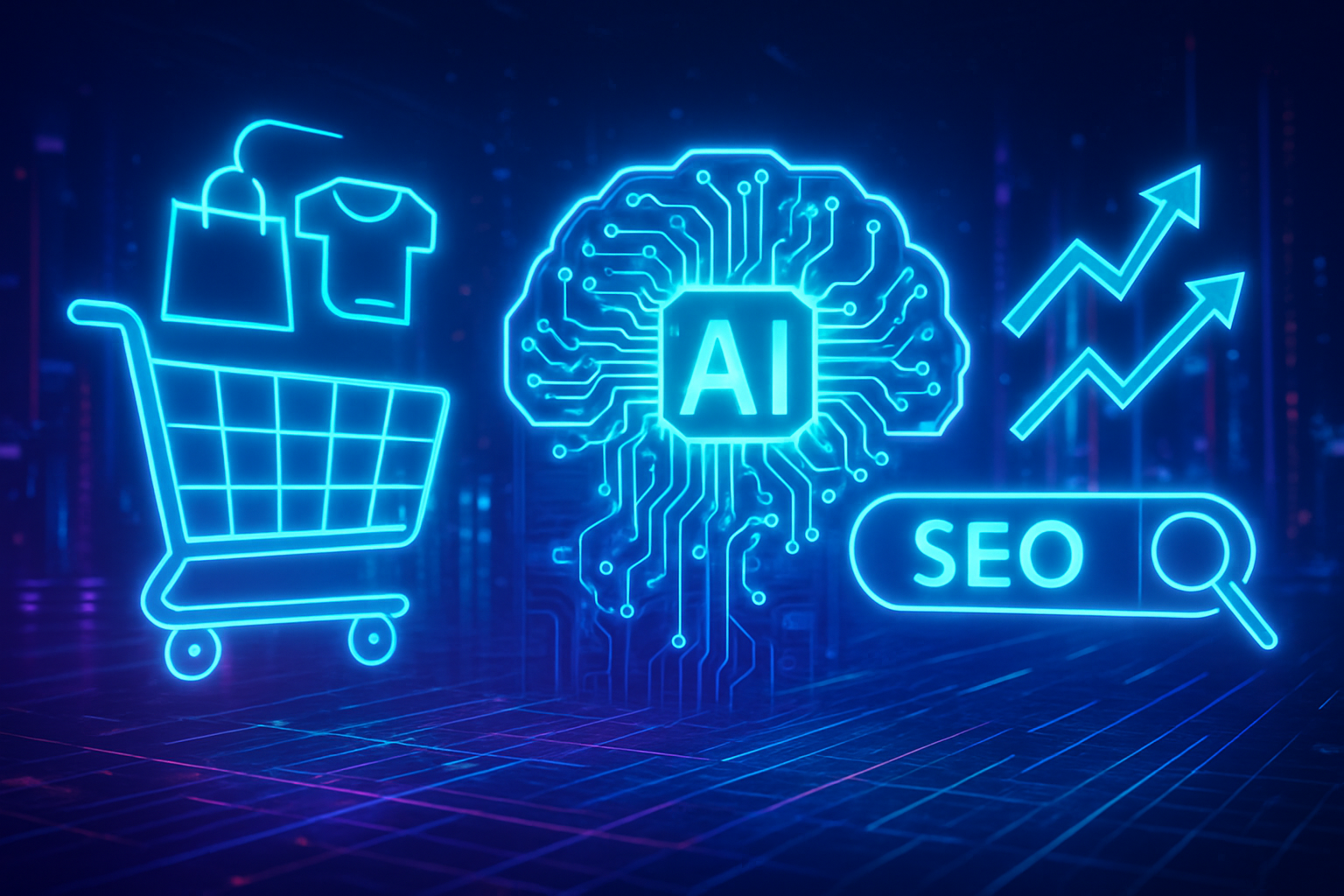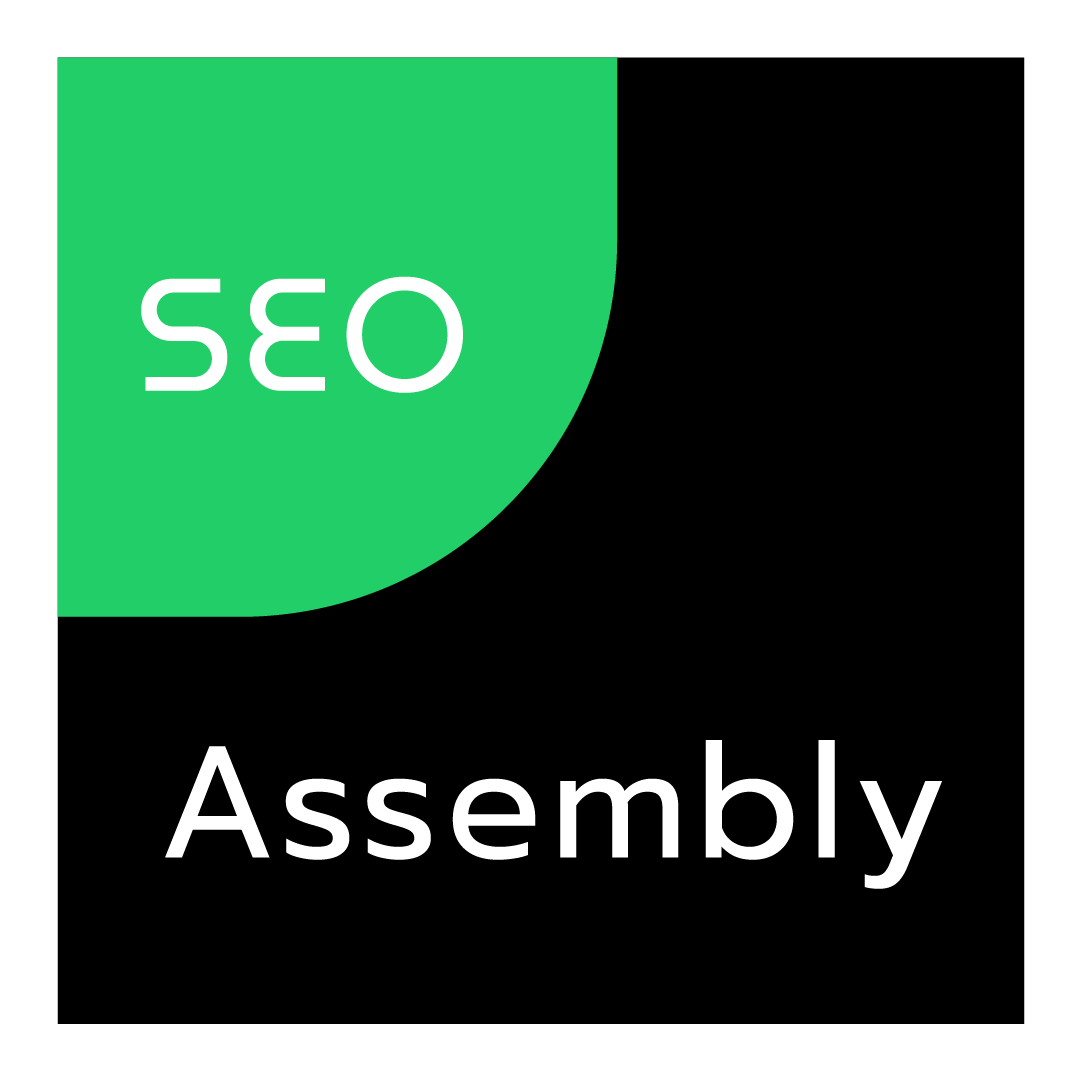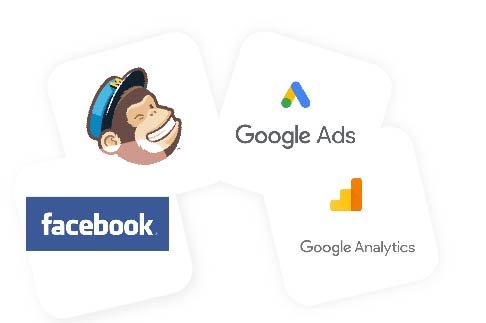
Optimizing your Ecommerce Website for AI SEO
In the rapidly evolving digital landscape of 2025, artificial intelligence has revolutionized how search engines understand and rank content, particularly for ecommerce websites. As AI-powered algorithms become increasingly sophisticated in interpreting user intent and content relevance, traditional SEO strategies must adapt to stay competitive. This comprehensive guide will explore cutting-edge AI SEO techniques specifically designed for ecommerce platforms, helping you harness the power of artificial intelligence to drive organic traffic, improve search rankings, and ultimately boost your online sales. From AI-driven keyword research to automated content generation and dynamic product recommendations, we’ll cover the essential strategies that will position your ecommerce website at the forefront of the AI SEO revolution.
Understanding AI’s Impact on Ecommerce SEOUnderstanding AI’s Impact on Ecommerce SEOUnderstanding AI’s Impact on Ecommerce SEO
Artificial intelligence has fundamentally transformed how search engines crawl, index, and rank ecommerce websites. Google’s AI algorithms now prioritize user experience signals, semantic search understanding, and real-time personalization more than ever before. For ecommerce businesses, this means optimizing for AI requires a holistic approach that goes beyond traditional keyword stuffing and link building.
Modern AI search engines analyze multiple factors simultaneously: page load speed, user engagement metrics, product schema markup, and content quality. They can understand synonyms, context, and user intent with remarkable accuracy, making it crucial for ecommerce sites to focus on comprehensive, user-focused optimization strategies.Modern AI search engines analyze multiple factors simultaneously: page load speed, user engagement metrics, product schema markup, and content quality. They can understand synonyms, context, and user intent with remarkable accuracy, making it crucial for ecommerce sites to focus on comprehensive, user-focused optimization strategies.Modern AI search engines analyze multiple factors simultaneously: page load speed, user engagement metrics, product schema markup, and content quality. They can understand synonyms, context, and user intent with remarkable accuracy, making it crucial for ecommerce sites to focus on comprehensive, user-focused optimization strategies.Modern AI search engines analyze multiple factors simultaneously: page load speed, user engagement metrics, product schema markup, and content quality. They can understand synonyms, context, and user intent with remarkable accuracy, making it crucial for ecommerce sites to focus on comprehensive, user-focused optimization strategies.
1. AI-Driven Keyword Research and Strategy
Leveraging Machine Learning for Keyword Discovery
Traditional keyword research tools are being enhanced with AI capabilities that can predict trending keywords before they become competitive. Use AI-powered platforms like Semrush’s AI Writing Assistant, BrightEdge’s DataCube, or MarketMuse to:
- Identify semantic keyword clusters: AI tools can group related keywords and identify content gaps in your current strategy
- Predict seasonal trends: Machine learning algorithms analyze historical data to forecast keyword demand
- Discover voice search opportunities: AI can identify conversational long-tail keywords that match voice search patterns
- Analyze competitor keyword gaps: AI tools can reverse-engineer competitor strategies and identify untapped opportunities
Implementing Dynamic Keyword Optimization
Create adaptive content that automatically adjusts keyword density and semantic variations based on real-time search trends. Implement dynamic title tags and meta descriptions that change based on user location, device type, and search intent patterns.
Actionable Tip: Set up automated keyword monitoring using tools like SEMrush or Ahrefs API to track keyword performance and automatically update product descriptions when new high-value keywords emerge in your niche.
2. Dynamic Product Recommendations with AI
Personalized Search Results
Implement AI-powered recommendation engines that learn from user behavior to display the most relevant products in search results. This improves user experience and increases the likelihood of conversion while sending positive engagement signals to search engines.
Smart Internal Linking
Use AI algorithms to automatically generate contextual internal links between products based on:
- User browsing patterns: Link products frequently viewed together
- Semantic similarity: Connect products with related features or use cases
- Purchase history: Recommend complementary items based on past transactions
- Seasonal relevance: Automatically update links based on trending products
Implementation Strategy: Deploy machine learning models that analyze user session data to create dynamic product carousels and “You might also like” sections that adapt in real-time.
3. Automated Content Generation and Optimization
AI-Powered Product Descriptions
Leverage natural language generation (NLG) tools to create unique, SEO-optimized product descriptions at scale. Tools like Copy.ai, Jasper, or Claude can generate:
- Unique product descriptions for thousands of items without duplication
- SEO-optimized blog content that addresses customer pain points
- Dynamic category pages that update based on inventory and trends
- Personalized email content that drives traffic back to product pages
Automated Meta Tag Generation
Implement AI systems that automatically generate and optimize meta titles and descriptions based on:
- Product features and benefits
- Current keyword trends
- Competitor analysis
- User search intent patterns
Pro Tip: Use GPT-4 or Claude API to create templates that generate contextually relevant meta tags for new products automatically, ensuring each page has unique, optimized metadata.
4. Technical AI SEO Optimization
Core Web Vitals and AI Performance Optimization
AI can help optimize technical SEO factors that directly impact search rankings:
Automated Image Optimization:
- Use AI tools like TinyPNG or ImageOptim to automatically compress images without quality loss
- Implement smart image loading that prioritizes above-the-fold content
- Generate AI-powered alt tags that improve accessibility and SEO
Smart Caching Strategies:
- Deploy AI-driven CDN optimization that predicts user behavior and pre-loads content
- Implement dynamic caching that adapts to user location and device capabilities
- Use machine learning to optimize server response times based on traffic patterns
Schema Markup Automation
Implement AI systems that automatically generate and update structured data markup for:
- Product information (price, availability, reviews)
- Local business information
- FAQ sections
- Review and rating data
- Event and promotional information
Implementation Guide: Use tools like Schema.org generators or custom AI scripts to automatically create JSON-LD markup based on your product database, ensuring search engines can easily understand and display your content in rich snippets.
5. AI-Enhanced User Experience Optimization
Intelligent Site Search
Implement AI-powered site search that understands user intent even with misspelled queries or ambiguous terms:
- Natural language processing: Allow customers to search using conversational queries
- Visual search capabilities: Enable image-based product searches
- Predictive search suggestions: Offer real-time suggestions as users type
- Search result personalization: Customize results based on user history and preferences
Chatbots and Conversational AI
Deploy AI chatbots that not only improve user experience but also generate SEO-valuable content:
- FAQ content generation: Use chatbot interactions to identify common questions and create FAQ pages
- Long-tail keyword discovery: Analyze chat logs to discover how customers naturally describe products
- User intent mapping: Understand the customer journey and optimize content accordingly
6. AI Analytics and Performance Monitoring
Predictive SEO Analytics
Implement AI-driven analytics that predict SEO performance and identify optimization opportunities:
Traffic Forecasting:
- Use machine learning models to predict seasonal traffic patterns
- Identify content opportunities before they become competitive
- Forecast the impact of SEO changes before implementation
Automated Reporting:
- Generate AI-powered SEO reports that highlight actionable insights
- Set up automated alerts for ranking changes and technical issues
- Create custom dashboards that track AI SEO metrics specific to ecommerce
Real-Time Optimization
Implement systems that make real-time SEO adjustments based on performance data:
- Dynamic content optimization: Automatically adjust product descriptions based on conversion rates
- Real-time A/B testing: Test different SEO elements and automatically implement winners
- Adaptive internal linking: Continuously optimize internal link structure based on user behavior
7. Advanced AI SEO Strategies
Voice Search Optimization
Optimize for voice search with AI-powered content strategies:
- Conversational content creation: Use AI to generate content that matches voice search patterns
- Featured snippet optimization: Create content specifically designed to capture voice search results
- Local SEO enhancement: Optimize for “near me” searches with location-aware content
Visual Search Optimization
Prepare for the growing importance of visual search:
- AI-powered image tagging: Automatically generate descriptive tags for product images
- Visual content optimization: Create images optimized for visual search algorithms
- Pinterest and Google Lens optimization: Optimize product images for visual search platforms
Implementation Roadmap
Phase 1: Foundation (Weeks 1-4)
- Audit current SEO performance and identify AI optimization opportunities
- Implement basic AI tools for keyword research and content generation
- Set up automated technical SEO monitoring
- Begin collecting data for AI training and optimization
Phase 2: Automation (Weeks 5-8)
- Deploy automated content generation systems
- Implement dynamic internal linking
- Set up AI-powered analytics and reporting
- Begin testing AI-generated meta tags and descriptions
Phase 3: Advanced Optimization (Weeks 9-12)
- Launch personalized search and recommendation systems
- Implement voice and visual search optimization
- Deploy real-time optimization systems
- Begin predictive SEO planning
Phase 4: Continuous Improvement (Ongoing)
- Regular AI model training and optimization
- Continuous testing and refinement of AI strategies
- Stay updated with latest AI SEO developments
- Scale successful AI implementations across all product categories
Measuring AI SEO Success
Key Performance Indicators (KPIs)
Track these essential metrics to measure your AI SEO success:
Technical Metrics:
- Core Web Vitals scores
- Page load speed improvements
- Mobile usability scores
- Crawl error reduction
Content Performance:
- Organic traffic growth
- Keyword ranking improvements
- Content engagement metrics
- Conversion rate optimization
AI-Specific Metrics:
- Automated content performance
- Personalization effectiveness
- Voice search traffic
- Visual search engagement
ROI Calculation
Calculate the return on investment for your AI SEO initiatives:
- Cost savings: Time saved through automation
- Revenue impact: Increased organic traffic and conversions
- Competitive advantage: Market share gained through early AI adoption
- Long-term value: Improved brand authority and search visibility
Conclusion: The Future of Ecommerce SEO is AI-Driven
As we advance into 2025 and beyond, the integration of artificial intelligence into ecommerce SEO strategies is no longer optional—it’s essential for staying competitive. The businesses that embrace AI-driven optimization today will establish themselves as leaders in their respective markets, benefiting from improved search rankings, enhanced user experiences, and increased conversion rates.
The strategies outlined in this guide provide a comprehensive framework for implementing AI SEO across your ecommerce platform. From automated keyword research and dynamic content generation to predictive analytics and real-time optimization, AI offers unprecedented opportunities to scale your SEO efforts while delivering personalized experiences that both users and search engines value.
Remember that AI SEO is not about replacing human creativity and strategy—it’s about augmenting your capabilities to achieve results that would be impossible through manual efforts alone. By combining human insight with AI efficiency, you can create ecommerce experiences that not only rank well in search engines but also genuinely serve your customers’ needs.
The future belongs to ecommerce businesses that can successfully merge AI technology with solid SEO fundamentals. Start implementing these strategies today, and watch as your organic traffic, search rankings, and revenue grow through the power of AI-optimized SEO.
Ready to Transform Your Ecommerce SEO with AI?
Don’t let your competitors gain the AI advantage while you’re still using outdated SEO strategies. Our team of AI SEO specialists has helped dozens of ecommerce businesses increase their organic traffic by 150-300% using the cutting-edge techniques outlined in this guide.
What we offer:
- Comprehensive AI SEO audits and strategy development
- Custom AI tool implementation and training
- Automated content generation systems
- Real-time optimization and monitoring
- Ongoing AI model refinement and improvement
Contact our agency today to schedule your free AI SEO consultation and discover how artificial intelligence can revolutionize your ecommerce website’s search performance. Together, we’ll implement a custom AI SEO strategy that drives measurable results and positions your business for long-term success in the age of artificial intelligence.
📧 Email us: seoassembly@atomicmail.io
🌐 Visit: www.seoassembly.com/ai-seo-services
Take the first step toward AI-powered ecommerce success—contact us now!
 Our Motto : Keep it simple
Our Motto : Keep it simple
 contact :
contact : 
